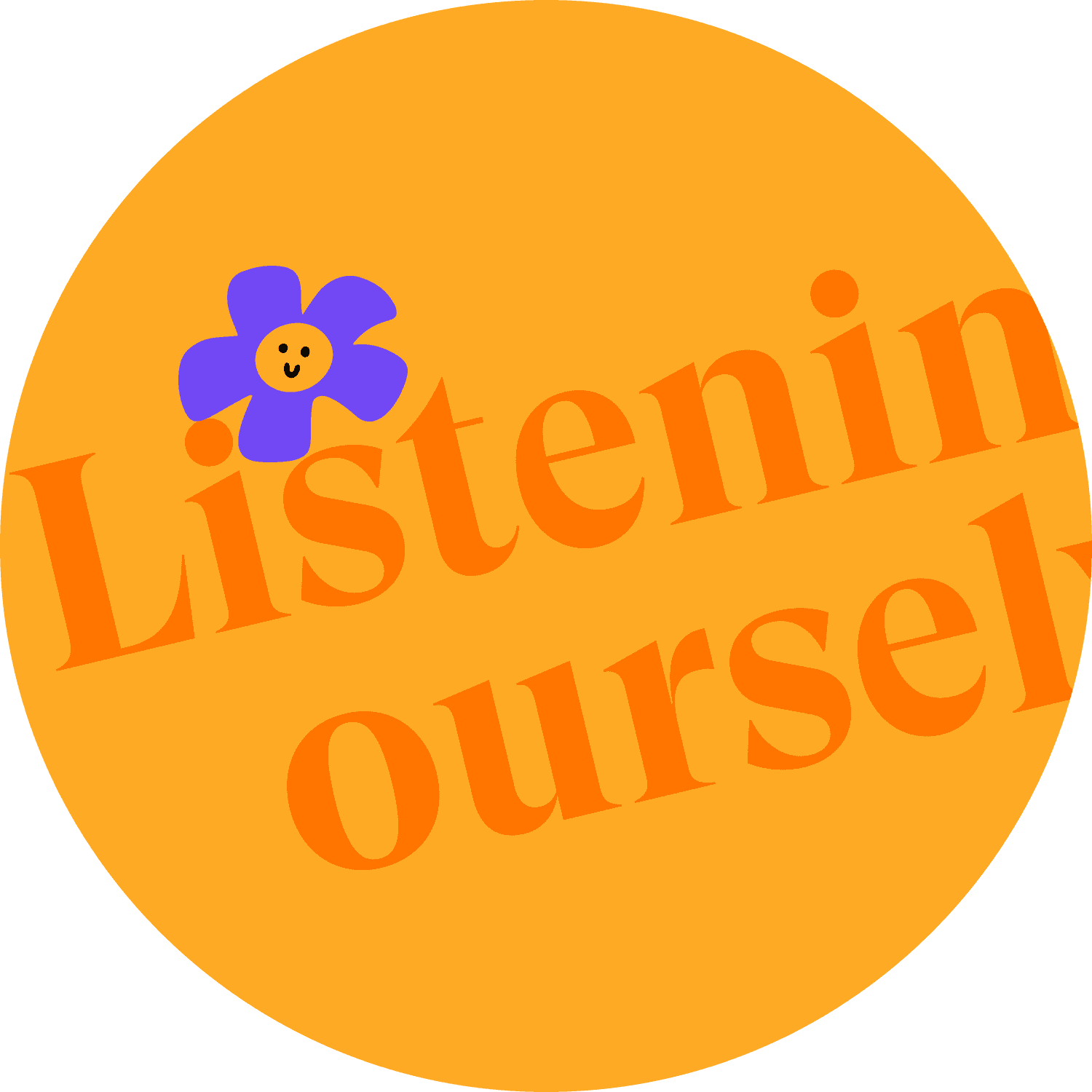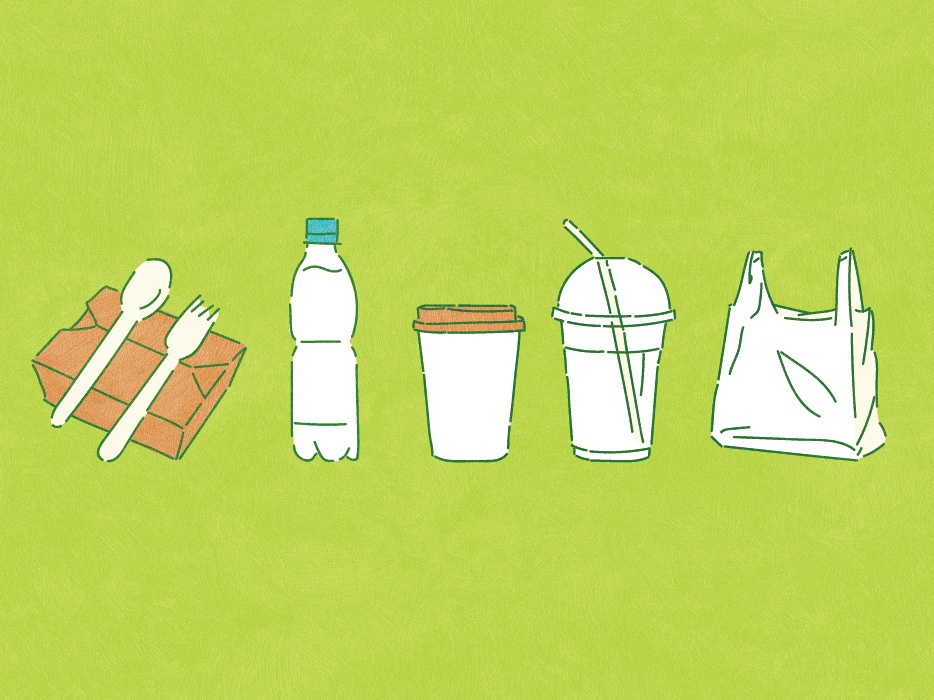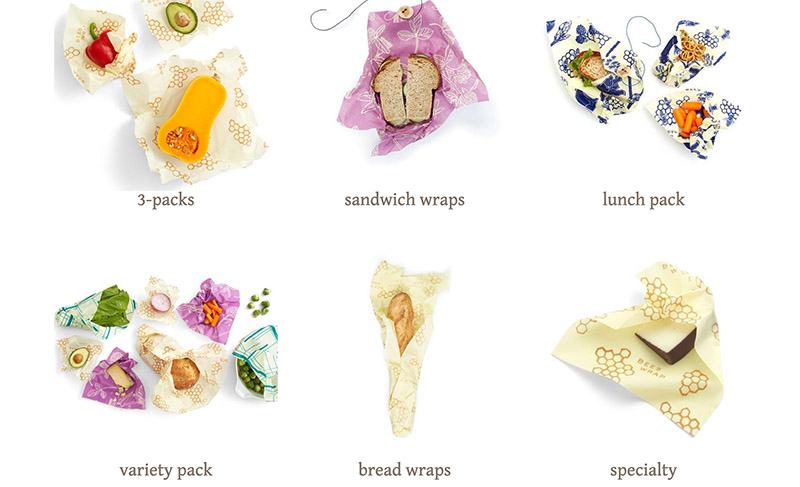
What Is Biodegradable Plastic – and Is It a Pollution Solution?
This past Thursday, Greenpeace protestors disrupted Nestlé’s annual general meeting in Lausanne, Switzerland, urging an end to the company’s dependence on single-use (non-biodegradable) plastic. This came in the wake of research that proved Nestlé to be one of the top three companies whose plastics have choked the ocean in recent years, based on a study of over 180,000 pieces of plastic across 42 countries – pretty damaging evidence.
In response to Greenpeace’s pressure, Nestlé exec Mark Schneider gave the equivalent of a shruggy emoji, suggesting recyclable and biodegradable packaging as valid alternatives to banning single-use plastic altogether.
This push for biodegradable plastic isn’t exactly brand new, but it has gained a foothold in recent years. Biodegradable plastic has become something of a buzzword among both corporations and “green” circles.
So, what if Nestlé switched to biodegradable plastics? Are they truly a good option for the planet over the traditional plastics they’ve choked our oceans and landfills with in the past?
And to start with, what in the world is a biodegradable plastic and how does it differ from compostable alternatives?
What’s the Buzz All About?
Biodegradable plastic breaks down when exposed to light, certain enzymes, or air. Typically, they’re designed to biodegrade in anaerobic environments (those without oxygen, like landfills), but they still do degrade in other places, breaking down into tiny pieces – tiny synthetic pieces, not nutrients for the soil, which means those plastics are still lingering in the landfill, our dirt, and our oceans.
Rather than degrading completely like compostable versions, it instead breaks down into microplastic – the kind peppering our waters, ending up in fish bellies, and eventually in our own. According to one study from the University of Ghent, European seafood-lovers are swallowing up to 11,000 pieces of microplastic each year. Yikes. And biodegradable plastics are doing nothing to curb that crisis.
One study even found biodegradable plastic bags intact and still able to carry shopping three years after being exposed to the natural environment.
“Biodegradable” Is the New “Green”

Image credits: Heejae Kim
Despite the microplastic crisis, companies are slapping the name “biodegradable” on the front of their packaging like a boon to the planet as the latest in corporate greenwashing. The word is even more questionable when you realize that there’s no standard or guideline for how long of a period these plastics must take to degrade in order to be called “biodegradable” – similar to how lax the rules are in the U.S. for labelling foods “natural.”
The word “biodegradable” in reference to plastics is about as meaningful as words like “green” or “eco-friendly” that corporations use to cover their bases, and just another way that big oil keeps on lining its pockets without making a single positive ripple in the environment.
What’s even worse, many areas can’t handle the recycling needs of biodegradable plastic. Adding them to your recycle bin may only push the rest of your baggies out to the landfill.
The (Small) Silver Lining
One upside to biodegradable plastics? People argue that these can be beneficial when it comes to freeing up space in landfills. While that may be true, the question remains: why pour money into a solution that is “less bad” when we could be putting it toward solutions that actively do good?
You’ve Got Options
It can be discouraging to witness mega-corporations like Nestlé pointing their fingers to yet another greenwashing solution like biodegradable plastic that will still strangle our oceans, disrupt our hormones, and compromise the integrity of our sweet, sweet soil. So what’s a person to do when they want to navigate everyday life, and biodegradable plastic is yet another disappointing development?
Look to the alternatives that are growing rapidly as more and more of us tune in and start divesting from plastic:
Compostable Packaging

Image credits: Kassy
If baggies and single-use items seem nonnegotiable in your life or business model, there are compostable products made exclusively from corn, potato, or other starches – no plastic or synthetics in sight. Biobag is a forerunner in the industry, with factories in Norway, Belgium, the U.S., and most recently, Australia, and they’re serious about cutting down on the environmental impact of shipping their compostable plastic alternatives worldwide.
Compostable bags have also begun cropping up in major retailers like the store Co-op, which is phasing out single-use, synthetic plastic bags entirely.
Biobag and similar companies also make single-use dishes and flatware, and more and more companies are opting for these alternatives as groups like Greenpeace, alongside us consumers, wake up to the horror of the plastic industry.
Bee’s Wrap
Many people are even shying away from compostable alternatives, looking at reusable rather than single-use. A popular home alternative to plastic is Bee’s Wrap, a replacement for saran wrap that conforms over open containers to hold them shut and keep food fresh.

I’ve used the same Bee’s Wrap for over three years, holding everything from homemade bread to beloved peanut butter and jellies on the go, and have diverted countless plastic packages from the landfill in the process. It’s a great alternative that frees up precious space in your drawer and our oceans.
Reusable Vessels

Image credits: Rich Stromwall
But more than any other packaging, one of the most innovative alternatives saying “no” to single use and rejecting biodegradable plastic is Vessel. Based out of Boulder, Colorado, this concept is a powerful option for companies to cut down on single-use items. Coffee shops across Boulder use these cups that customers can check out and return, using a deposit similar to glass milk jugs.
Although Vessel has started with only a handful of coffee shops in one U.S. town, the business model is so inspiring that you have to wonder why other companies can’t adopt this with reusable bread or bulk bags, vinegar jars, or other staples for our consumer culture.
Change Begins Here
We don’t need to wait for innovative cup systems like Vessel or settle for so-called biodegradable plastics in lieu of a high-tech alternative, when nature always provides. Just earlier last month, nature’s packaging went viral when Thailand-based realty company Perfect Homes Chiangmai posted photos to their Instagram of a supermarket using banana leaves to package their produce instead of plastic.
Change starts with us – and the answer isn’t in biodegradable plastics. Our planet deserves better, and so do we. Opt for reusable when possible, and ask your local stores to look into alternatives for their business.
Featured image by I’m Almu Munoz
Earth.fm is a completely free streaming service of 1000+ nature sounds from around the world, offering natural soundscapes and guided meditations for people who wish to listen to nature, relax, and become more connected. Launched in 2022, Earth.fm is a non-profit and a 1% for the Planet Environmental Partner.
Check out our recordings of nature ambience from sound recordists and artists spanning the globe, our thematic playlists of immersive soundscapes and our Wind Is the Original Radio podcast.
You can join the Earth.fm family by signing up for our newsletter of weekly inspiration for your precious ears, or become a member to enjoy the extra Earth.fm features and goodies and support us on our mission.
Subscription fees contribute to growing our library of authentic nature sounds, research into topics like noise pollution and the connection between nature and mental wellbeing, as well as funding grants that support emerging nature sound recordists from underprivileged communities.
